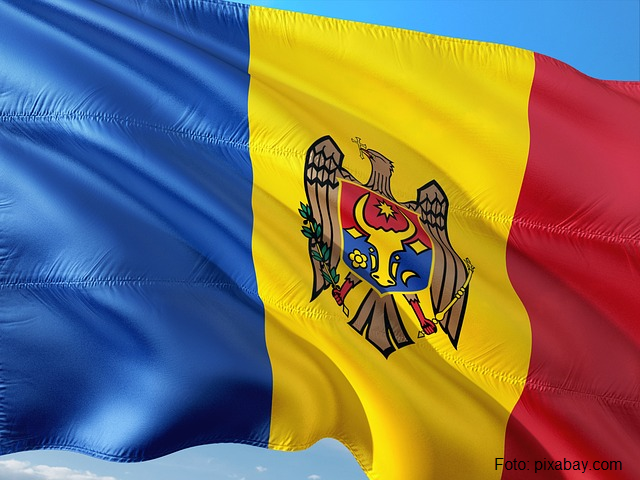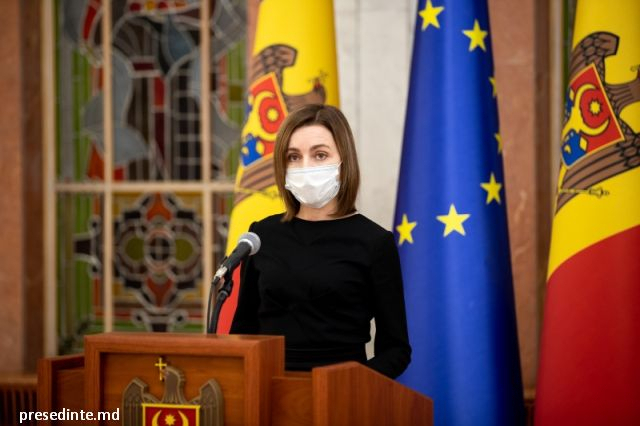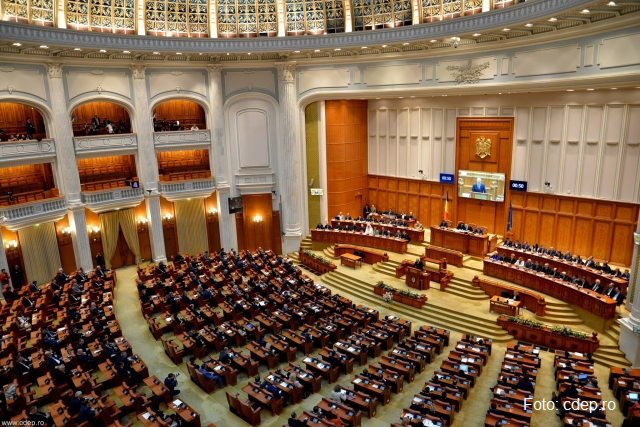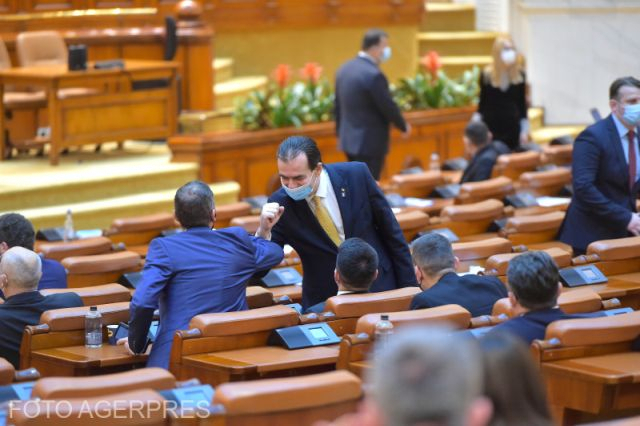COVID-19 The COVID certificate has become mandatory
in Romania as of Monday for participants in various indoor events in all areas with
an infection rate between 3 and 6 per thousand. The green pass proves the
holder has been fully vaccinated, recovered from the disease or tested
negative, and grants access to indoor events like theatre and cinema shows,
sporting competitions, weddings or baptism ceremonies. Children under 6 are
exempt. Authorities in Bucharest Monday announced 3,342 new infections out of
over 21,000 tests conducted. 78 new Covid-related fatalities were also reported,
while 952 patients are presently in ICUs. Over 100 towns and villages in
Romania have infection rates of over 3 per thousand. Only 19 beds are currently
available nation-wide for COVID patients, except for those set aside for people
with certain medical conditions and testing positive for SARS-CoV-2. According
to the Strategic Communication Group, the capital city Bucharest has no more
beds available at the moment.
DRILL As of Monday, almost
400 troops from Romania, Portugal and Poland with over 65 pieces of military
equipment are participating in a drill called Green Scorpions 21.3 hosted by
the National Training Centre ‘Getica’ close to Brasov, in central Romania.
According to sources with the Defence Ministry, the drill’s main goal is the
joint training of troops, raising the level of interoperability between NATO
members as well as the setting up of some joint battle techniques, tactics and
procedures for the successful accomplishment of missions. The command is
provided by infantry battalion 22 jointly with Portuguese and Polish detachments.
ELECTION The Foreign
Ministry in Bucharest has announced it does not recognize the legitimacy of the
election for the Russian Parliament held in the annexed region of Crimea. The
Romanian Ministry of Foreign Affairs has reiterated its support for the
sovereignty and territorial integrity of neighboring Ukraine, recalling that
Romania does not recognize the illegal annexation of the Autonomous Republic of
Crimea and the city of Sevastopol by Moscow. Bucharest also notes with regret
that Russia has opened polling stations in Transdniester against the will of
the constitutional authorities in Chisinau, a fact that runs against the
sovereignty and territorial integrity of the Republic of Moldova. According to
the Central Electoral Commission, president Putin’s party, United Russia, is
preserving its majority in the State Duma following the parliamentary election
held for three days. United Russia got around 50% of the votes, but this
accounts for over 300 of the 450 seats in Russia’s parliament, allowing the
party to pass laws and implement reforms with no support from other political
forces. Second came the Communist Party with some 19% of the votes. The
nationalist LDPR party and the Fair Russia party also got into parliament,
alongside a new party called New People, seen by some as a Kremlin project
designed to divide Putin’s opponents.
MEETING The
Romanian president, Klaus Iohannis, and the country’s Foreign Minister, Bogdan
Aurescu Monday attended the 76th session of the UN General Assembly
in New York. For the first time since the onset of the Covid-19 pandemic, the
event has been attended in person by heads of state and governments of UN
countries. Romania’s participation at the highest level in the UN sessions
reconfirms Bucharest’s support for pragmatic and effective multilateral
diplomacy as a landmark of Romania’s foreign policy, as well as the Romanian
contribution to international and UN activities. On the sidelines of the event
in New York, the country’s Foreign Minister, Bogdan Aurescu will be attending a
number of multilateral meetings. According to the Foreign Ministry in
Bucharest, special attention will be paid to bilateral meetings with
counterparts from countries in the Caucasus, Central, East and South Asia, the
Middle East, Africa and the Pacific area. (tr. A.M. Popescu, D. Bilt)







